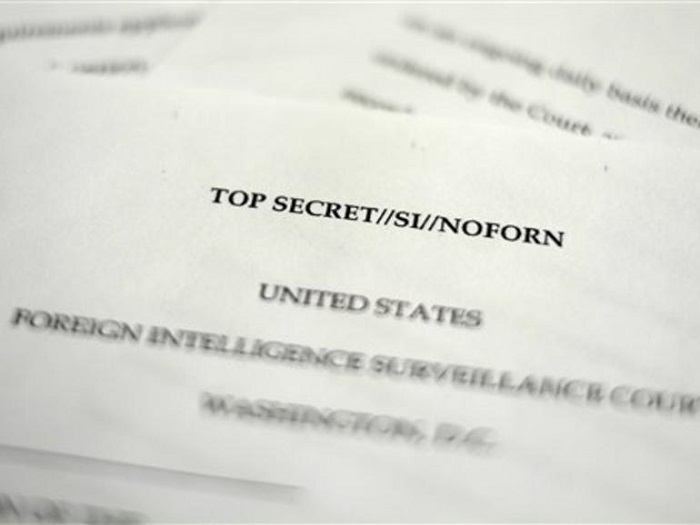The Foreign Intelligence Surveillance Court (FISC), a secretive court set up to oversee the US government’s surveillance requests, accepted each and every request that was submitted last year.

In total, the DC-based court received 1,457 requests from both the National Security Agency and Federal Bureau of Investigation to intercept phone calls and emails with the assistance of Internet and telecommunications companies.
None were denied, entirely or in part.
Worth noting — the FBI issued 48,642 national security letters, a subpoena-like power that requires a company turn over its data on national security grounds, without informing the subject of the letter. While most of these requests sought data on foreigners, nearly 20% were for data on Americans. Information requested includes such things as web browsing history, email addresses, subscriber information, and more.
The figures collected are reported annually by the Justice Department to members of Congress.
In terms of the court itself, there’s not much known about it – outside of its consistency for approving these requests for the government. Founded in 1978, the court is specifically tasked with processing government requests for surveillance against foreign targets.
Among some of the more well-known approvals it’s issued—the PRISM program and phone records collection program. Details of both were later leaked by former NSA contractor Edward Snowden.
From 1979 to 2015, the court has approved a total of 38,365 warrants; it has rejected 12. In total, that’s a reject rate of 0.031%, which has led to criticism of the court as being one in which there are not enough checks and balances in place, and a reference to it being a “kangaroo court with a rubber stamp.”
Now, while the criticism might be warranted, there have been some changes of late to lessen the government’s one-sided authority over the past three decades. Last year, the court appointed five lawyers and attorneys with national security clearance to act, more or less, as pushback against the government’s requests.
The decision to do this came in form of a provision within the Freedom Act, which passed mid-last year as an intelligence community reform effort following the Snowden revelations.
Government officials have publicly stated that the Justice Department is particular about its applications and that government orders are sometimes asked to be modified by the court. In 2014, the government had to modify 19 requests; last year, 80 applications needed to be fixed.
Via Reuters
Advertisement
Learn more about Electronic Products Magazine





